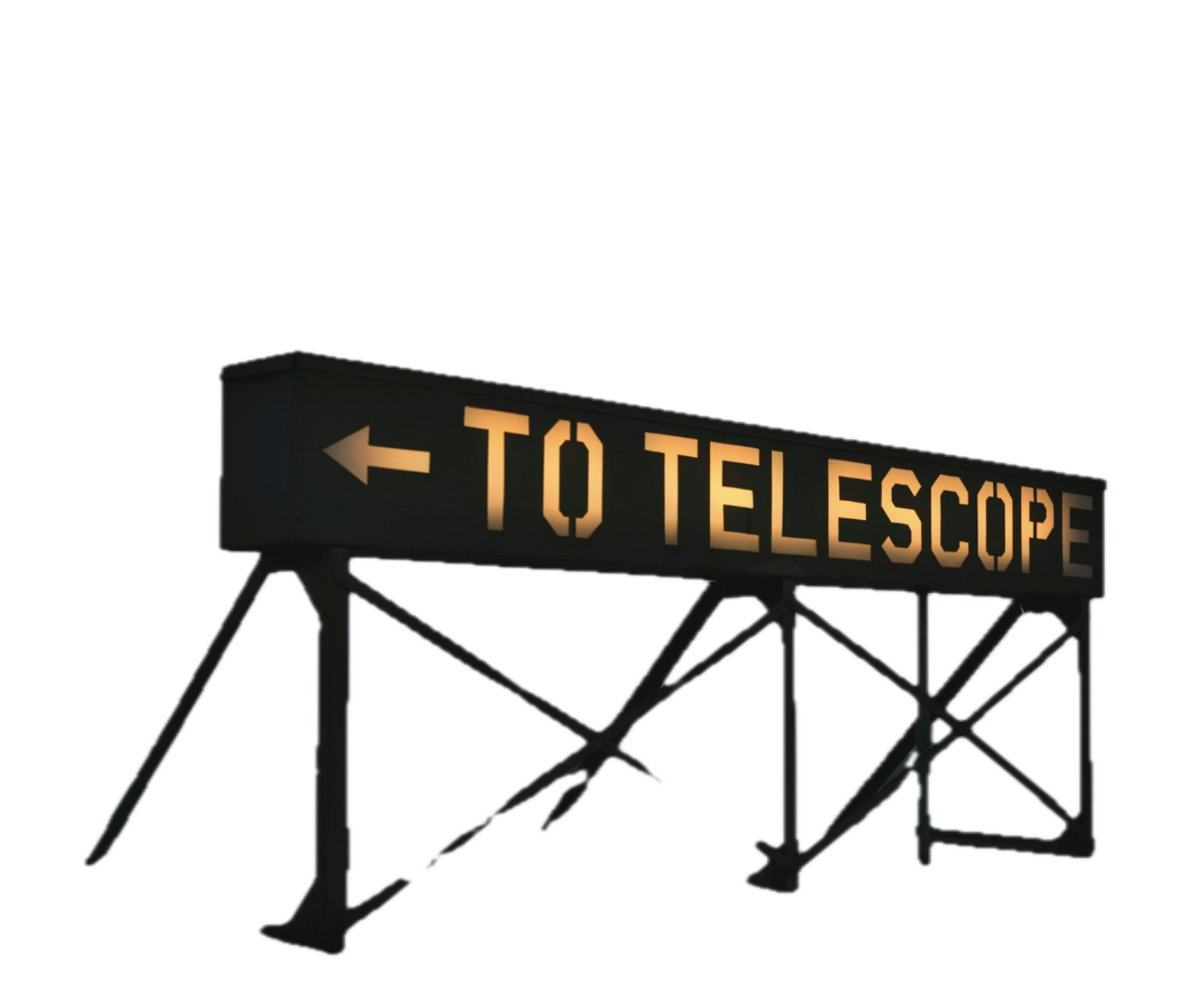“The only dream worth having … is to love. To be loved. To never forget your own insignificance. To never get used to the unspeakable violence and the vulgar disparity of life around you. To seek joy in the saddest places. To pursue beauty to its lair. To never simplify what is complicated or complicate what is simple. To respect strength, never power. Above all, to watch. To try and understand. To never look away. And never, never to forget.”
—Arundhati Roy in “The End Of Imagination
About …
-
Simply speaking, “social pedagogy” is the German degree that most social workers in Germany hold – although and just to make matters a little more confusing, in some parts of Germany there is also an actual “social work” degree. For as long as I know there have been heated debates among German professionals about the difference.
On a slightly more complex level and compared to how I’ve experienced social work in the UK, a German social pedagogy degree will focus on supporting individuals, groups and communities through awareness raising and educational processes to change and improve their circumstances – with an asset and empowerment focused approach.
If this has perked your interest and you’d like to find out more, here’s a fantastic video by social worker Magnus Frampton about social pedagogy in Germany, its origin, focus and place within social studies where he highlights the social dimension of teaching and learning, and of being a member of community life (and if you want to get straight to the essence start at 5:23 mins).
-
Very simply speaking, the quantum view is a non-mechanistic, non-binary perspective that understands that everything is energy, that things exist in relation to each other, and is in fact interested in their interdependence and in how change is co-created. A quantum perspective expects ambiguity, circularity, chaos and synchronicity. It is a very ancient view that a lot of cultures held before they were colonised – when the mechanistic view took over that still sits at the root of white capitalist supremacy culture.
The quantum view sits at the heart of Deep Democracy, an approach to decision making and conflict resolution that I’ve been trained in and that has enabled me to make sense of what would otherwise seem at best frustrating at worst unresolvable stalemates in group processes.
If you like motorbikes, road movies and a deep dive into quantum view philosophy I highly recommend Robert M. Pirsic’s 1974 classic “Zen and the Art of Motorcycle Maintenance”.
-
The acronym AJEDI stands for five key concepts in liberation work i.e.
Anti-Racism: understanding and working to dismantle the impact of racism especially on people and communities racialised as Black – as a life long commitment, as an active stance, and as a constant vigilance to white supremacy thinking in myself and the people, systems and structures around me.
Justice: understanding the difference between restorative and reparative justice and working with marginalised people and groups to identify what form of justice they seek.
Equity: unlike equality, equity acknowledges that we don’t all begin at the same starting point, that to get to my starting point some people already have had to overcome a myriad of obstacles extracting their resources. Equity is action committed to levelling the playing field, redistributing resources, changing policy, removing obstacles or simply moving the starting post so everyone truly has equal chances that match their situation.
Diversity: becoming aware of the makeup and representation of the groups around me and in all sphere of life and influence – constantly noticing who is not here, or who’s not able to get their voice heard, or who’s stories, experiences, thinking and perspectives are we missing out on. It is both a quantitative exercise and an ambition
Inclusion: creating a culture that allows people to show up as themselves as much as they want to – where there is room and space and respect for different expressions of identity. This is very much a qualitative exercise and an ambition.
If you’d like to read more on some of the key concepts check here.
Diversity asks, “Who’s in the room?”
Equity responds: “Who is trying to get in the room but can’t? Whose presence in the room is under constant threat of erasure?”
Inclusion asks, “Has everyone’s ideas been heard?”
Justice responds, “Whose ideas won’t be taken as seriously because they aren’t in the majority?”
Diversity asks, “How many more of [pick any minoritised identity] group do we have this year than last?”
Equity responds,“What conditions have we created that maintain certain groups as the perpetual majority here?”
Inclusion asks, “Is this environment safe for everyone to feel like they belong?”
Justice challenges, “Whose safety is being sacrificed and minimised to allow others to be comfortable maintaining dehumanising views?”
— Dr D-L Stewart







